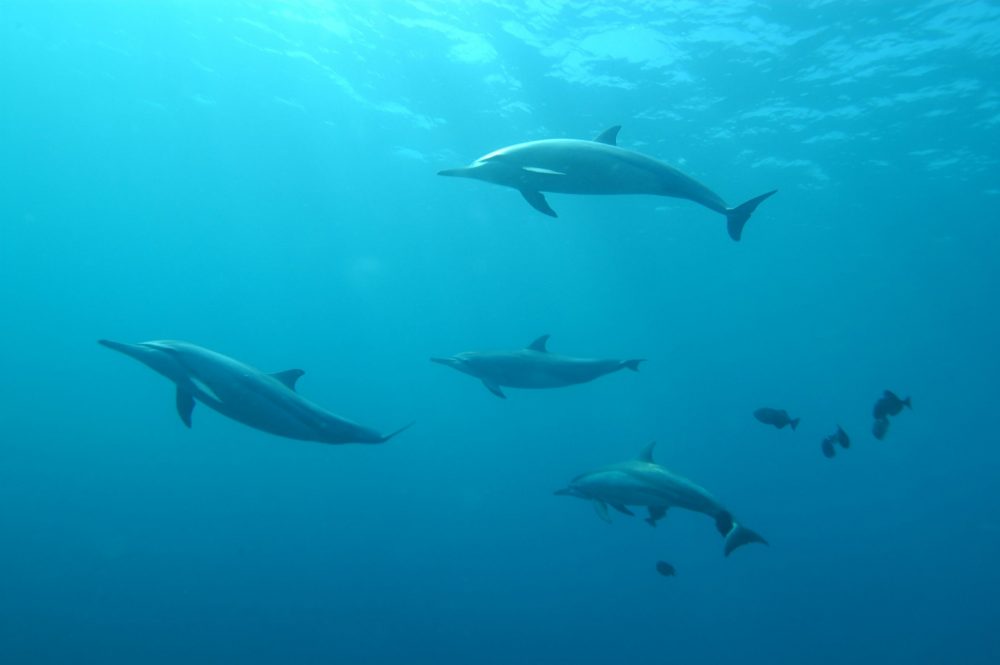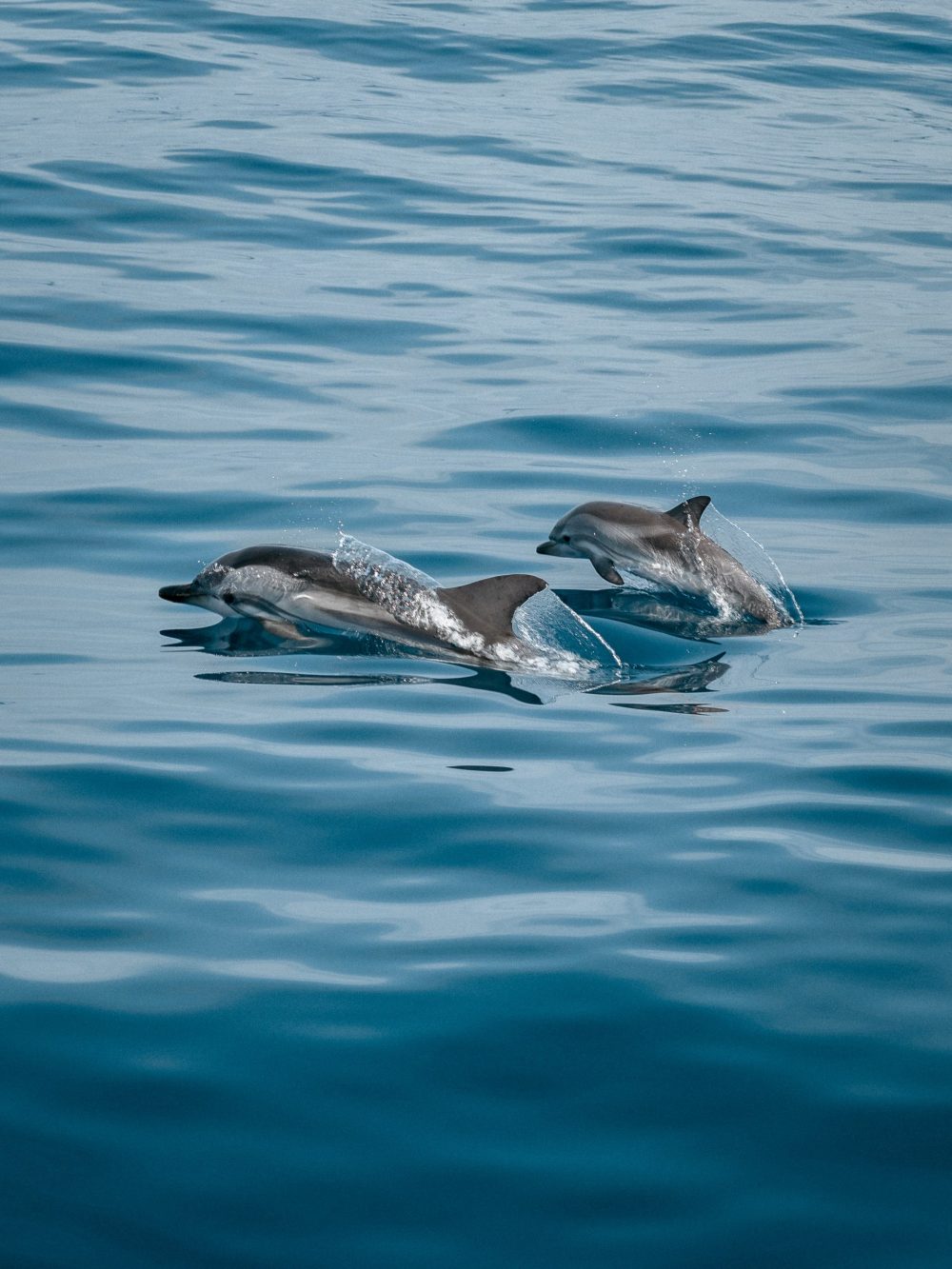NEW research suggests that Dolphins could be at risk if their foraging opportunities are impacted due to man-made disturbances such as shipping, tourism and coastal development.
Human-caused disturbance could result in the movement of prey away from dolphin foraging areas or the displacement of them from their foraging grounds.
As a result, dolphins may spend more energy trying to catch food, catch less food, or even be forced into a fasting state because they cannot obtain food.

Researchers from the University of Aberdeen, National Marine Mammal Foundation and the Technical University of Denmark (DTU) studied the ‘fasting response’ in bottlenose dolphins.
They discovered that the fasting response differs from that of terrestrial mammals and other fasting-adapted marine mammals.
When dolphins re-entered the ocean 50-60 million years ago, they had to adapt to a diet that was high in fat and protein but lacking carbohydrate.
Dr Davina Derous from the University of Aberdeen said: “Dolphins have gone through huge changes in their physiology as they evolved to adapt to life in the oceans.
“One of these big changes is energy storage. To avoid getting cold, they adapted a thick layer of fat around their body which acts as an insulator.
“So there are constraints on dolphin energy budgets that are unique to the fact that they need to maintain this layer of fat to survive.”

Professor David Lusseau from DTU Aqua added: “We hope this study can help to inform when human activities are becoming conservation threats because of the disturbances they create.
“This study indicates that the way we thought foraging disruption would impact the life of dolphins did not capture the speed at which their bodies respond to a lack of food. It may be that conservation threats could emerge earlier than we thought.”

